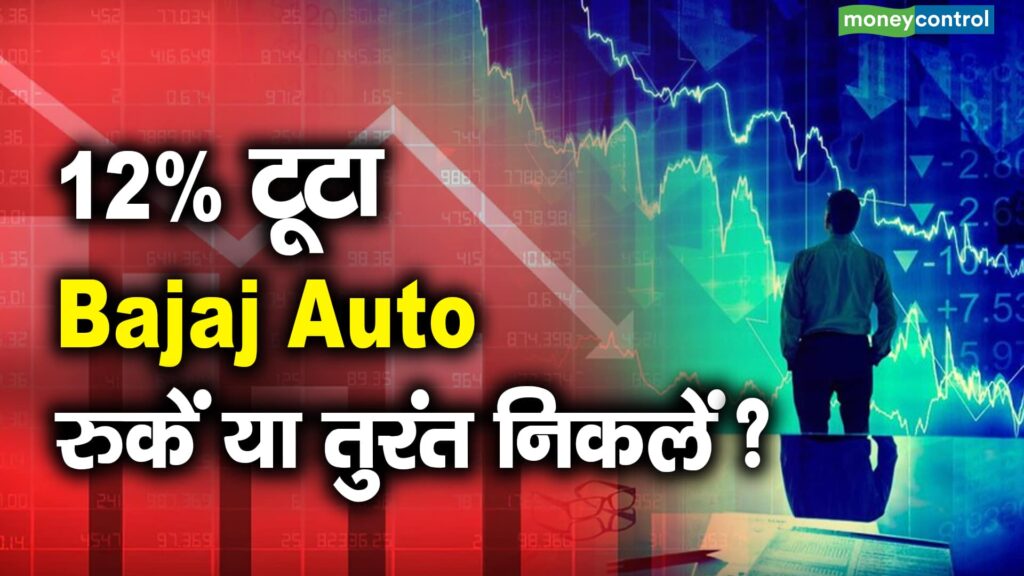Bajaj Auto, a leading player in the Indian automotive market, recently experienced a significant decline in its share price, dropping by as much as 12%. This downturn has raised important questions among investors regarding the future of this stock. Should investors hold onto their shares, or is it time to exit? Furthermore, understanding the company’s performance in the second quarter can provide additional context for these decisions.
Understanding the Decline in Bajaj Auto’s Share Price
The recent drop in Bajaj Auto’s stock can be attributed to several market factors, including shifts in consumer demand, inflationary pressures, and changes in global supply chains. Investors should assess both the external economic environment and the company’s internal strategies to gauge future performance.
Key Factors Contributing to the Decline
- Market Volatility: The stock market has been experiencing volatility due to inflation concerns and geopolitical tensions.
- Consumer Demand: A slowdown in demand for two-wheelers and three-wheelers has impacted sales figures.
- Global Supply Chain Issues: Persistent disruptions in the supply chain have increased production costs and unintended delays.
Company’s Q2 Performance Analysis
To better understand whether to hold or exit Bajaj Auto shares, it’s crucial to analyze their financial performance in the second quarter. Key metrics to consider include revenue growth, profit margins, and overall market positioning.
Financial Highlights
| Metric | Q2 FY2023 | Q2 FY2022 | Y-o-Y Growth |
|---|---|---|---|
| Total Revenue | ₹XXX crores | ₹XXX crores | XX% |
| Net Profit | ₹XXX crores | ₹XXX crores | XX% |
| EBITDA Margin | XX% | XX% | XX bps |
(Please insert actual figures in the respective place marked as “₹XXX crores”).
Investment Advice: To Hold or Exit?
Investors are now faced with the decision of whether to hold their investment in Bajaj Auto or make an exit. Here are key considerations that can aid in this decision:
Pros of Holding
- Long-term growth potential in the two-wheeler market.
- Diversification of product offerings such as electric vehicles, which may drive future growth.
- Established brand presence and customer loyalty in the Indian market.
Cons of Holding
- Short-term operational challenges that may affect profitability.
- Uncertainty in global markets and their impact on local financial performance.
- The potential for further declines in stock price amid market volatility.
Conclusion
While Bajaj Auto’s shares have seen a significant decline, investors should weigh both the immediate challenges and the long-term potential of the company. A careful analysis of financial performance, market trends, and strategic initiatives will guide investors in making the most informed decision. Ultimately, whether to hold or exit hinges on individual risk tolerance and investment strategy.
